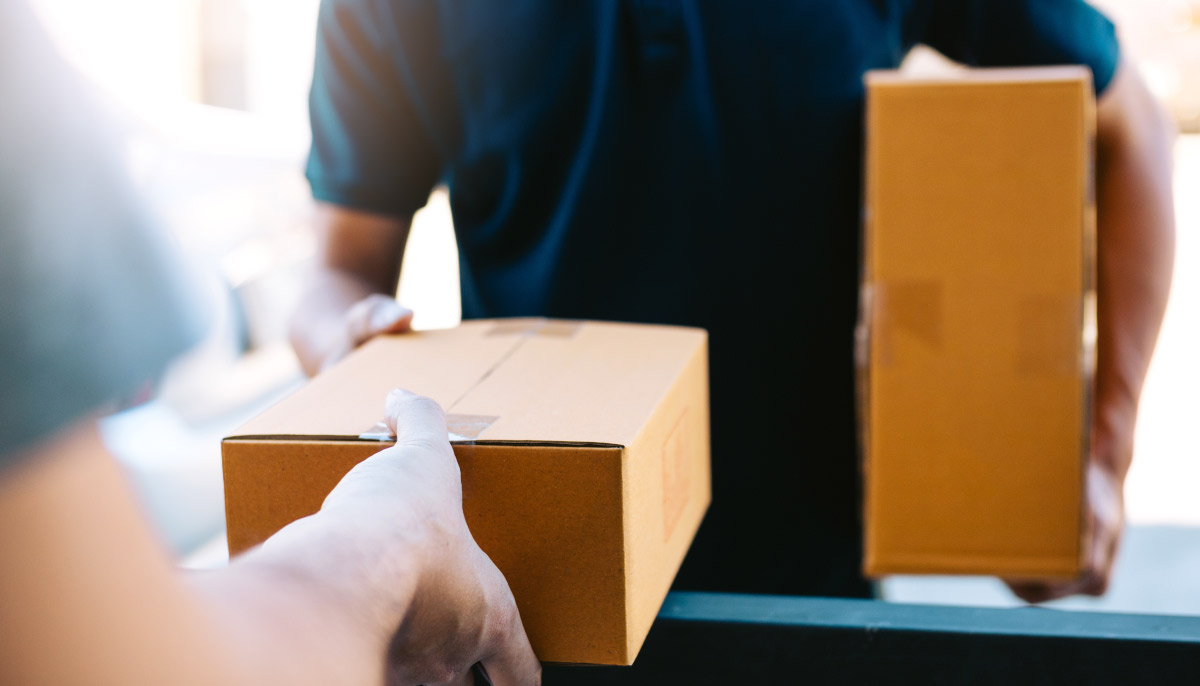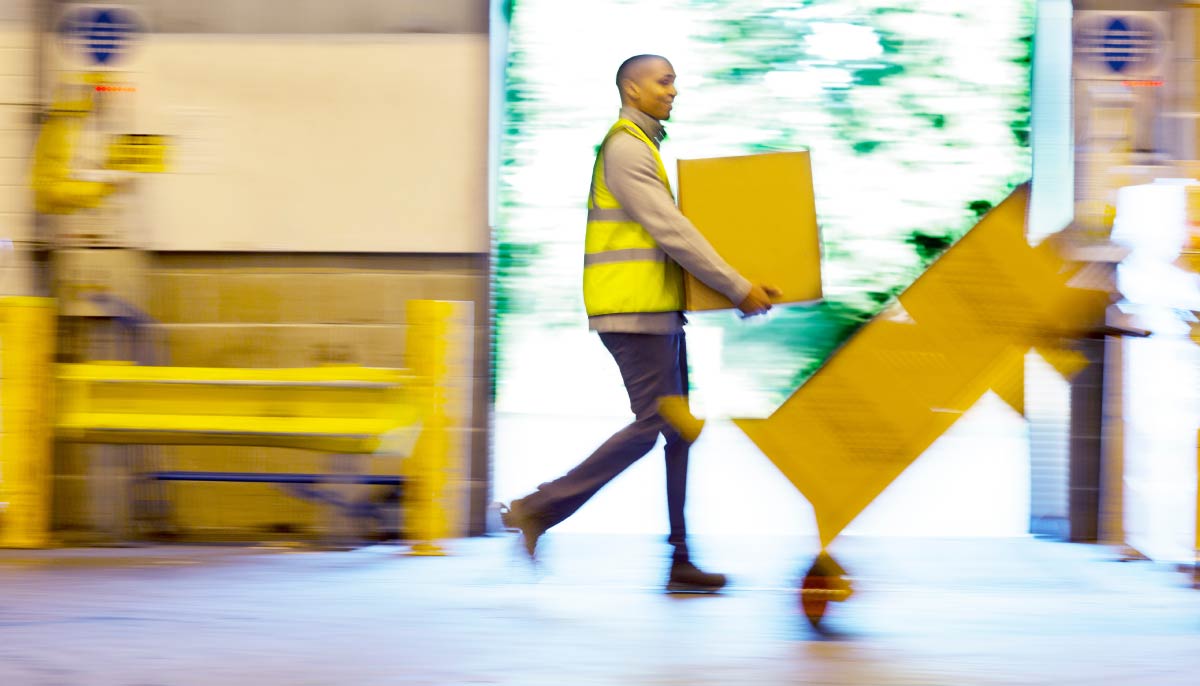
Worth the Wait: Speed vs. Sustainability in Last-Mile Delivery
By Rebecca Baumgartner
Slow delivery is fatal in eCommerce – at least that’s the received wisdom. However, industry researchers are increasingly finding that consumers are willing to forgo speed in favor of last-mile delivery options that promote environmental sustainability. For many consumers, the environmental costs of fast delivery are starting to outweigh the minor personal cost of waiting longer for an order utilizing sustainable delivery options.
The Ongoing Shift to Sustainable eCommerce
While consumer attitudes have been shifting toward sustainability for years, this trend has arguably reached a tipping point in the past year. According to a new study commissioned by PFS and undertaken by Arlington Research in June 2021, nearly half of consumers (48%) agree they are more conscious of how their online shopping behavior impacts the environment than they were before the COVID-19 pandemic. Findings suggest that the pandemic merely accelerated a trend that was already underway. Analysis by Gartner predicts that by 2025, many consumers will reject rapid delivery for the vast majority of their purchases and will hold retailers accountable for the environmental costs of two-day delivery.1
PFS’ new study, which focuses on the US and UK markets, shows that consumers are aware of the trade-offs between speed and sustainability – and they are increasingly choosing the latter. Over half of consumers surveyed (54%) agree they would support and shop with brands who commit to carbon-reducing delivery options – even if the delivery timescale is longer – over brands that do not offer such options.
Interestingly, however, only 46% of retailers believed this to be true of their customers, showing that there’s an opportunity for brands to better understand their customers’ preferences in this area. Consumers are likely more sustainability-oriented and less speed-obsessed than retailers give them credit for.
Re-Thinking Delivery Expectations
The data points to a clear recommendation for retailers: Rather than continuing to invest in the dying model of ever-faster delivery, eCommerce brands should begin analyzing how they can better align with their customers’ clear preference for sustainable delivery that enables conscious commerce by taking the opportunity to be intentional about championing choice.
But this puts retailers in somewhat of a tight spot. Some consumers will continue to want the fastest delivery possible, at least some of the time. How can retailers reconcile the pressure to maintain a fast delivery option with customers’ concerns about the environmental impact of last-mile delivery?
The first step is to gather data and take a closer look at what customers actually want and expect in terms of delivery speed. There may not be a clear mandate for two-day delivery. Gartner’s research has revealed that “many [retailers] bring fast delivery services to market because they feel compelled to offer them, instead of having a firm consumer requirement for them.”1 Before investing in faster delivery, retailers should seek to understand exactly what their customers value. For example, according to research in PFS’ Overcoming the Physical Disconnect report, 64% of consumers are interested in choosing their delivery timeframe, which may or may not be the fastest option – a clear signal to brands that flexibility is of paramount importance.
The New Differentiators: Flexibility and Transparency
There are various ways to go about giving customers the flexibility they want. One strategy is to offer multiple modes of delivery at check-out and present transparent data about the carbon impact of each option. When consumers can compare carbon emissions resulting from two-day and five-day shipping, for example, they may decide they don’t need their order so quickly after all.
There is evidence that simply informing consumers about the costs of each choice can “nudge” them into making more sustainable choices. According to a study conducted by researchers at the MIT Center for Transportation & Logistics, 70% of consumers surveyed were willing to delay their deliveries by five days if given an environmental incentive to do so, such as information about how many trees would have to be planted to offset the carbon emissions from the faster delivery method.
Other possibilities include offering a reward or discount structure for customers opting for slower delivery – similar to Amazon’s “no-rush shipping” program, which gives customers a credit towards a future purchase when they choose a 6-day delivery timeframe. Other changes can be even simpler to implement; merely reframing standard shipping as “eco-friendly” or “green” shipping has the potential to change consumer behavior with minimal effort on retailers’ part. Similarly, brands can make the most sustainable shipping mode the default choice, so that consumers have to opt out of slower and more consolidated delivery methods rather than opting in.
Sustainable Delivery is Just the Beginning
Brands with a strong omnichannel strategy are already one step ahead of the competition. Investing in multi-node fulfillment so that orders are fulfilled from distribution centers closer to the customer’s home, as well as BOPIS capabilities that allow shoppers to combine their order pick-up with other errands, further increase the number of ways customers can get their orders more sustainably. The most successful brands in the next era of eCommerce will be those that make it easy for customers to shop in ways that reflect their values. Sustainable delivery through extended shipping timeframes is only one piece of the puzzle. De-emphasizing the speed of last-mile delivery should be part of an overall sustainability strategy that takes into account the entire supply chain. Fortunately, as fast fulfillment declines, the possibilities for creating more sustainable eCommerce are just beginning.
- Gartner, The Demise of Same-Day and Next-Day Deliveries, 11-05-2020
p


